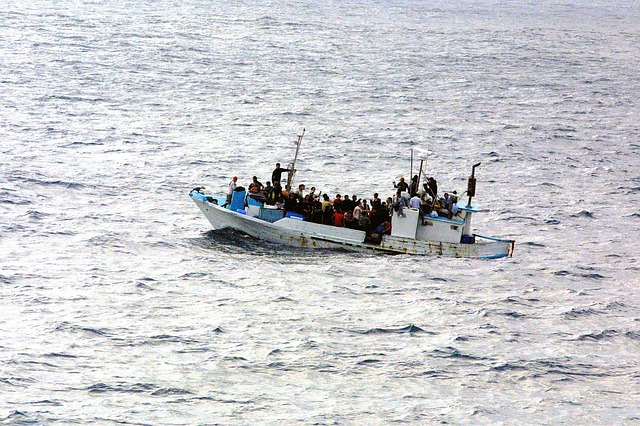by Sander Kramer
University Utrecht, The Netherlands
Focus Summary
Asylum seekers are a specific group of patients in mental health. Mental health care providers can get caught up in ethical dilemmas when providing care for asylum seekers.
Ethical dilemmas are defined as constructions in which different values are at stake. The classical formulation of ethical dilemmas as doing good, doing no harm, respect autonomy and justice has been broadened to include values of –for example- solidarity and compassion.
There are societal differences in the role of health care provision in legal procedures of asylum seekers. This presentation is based on research in the Netherlands where the continuation of medical treatment can be a reason to grant an asylum seeker some extra time; medical urgencies in itself don’t lead to a permit to stay. A conflict of interests arises when medical information leads to decisions about the necessity to get –or continue- medical treatment in the Netherlands.
Key Insights
- Make space and time for ethical reflections
- Reflect on the different paradigms of the medical and judicious professionals
- Facilitate and help organize ethical counselling
Key take-outs from the ISHHR 2017 Conference (industry feedback, networking, peer presentations)
The issue of ethical dilemmas was discussed in other sessions as well. Some of my colleagues argue that their own vulnerability and vicarious traumatisation is at stake. I recognize that in our research project, but we hope to create a more open space to reflect on the ethical dilemmas.
Future goals — what’s next?
We will publish an article in the Journal for Refuge Studies soon, in which we compare the ethical dilemmas in mental health care for asylum seekers between 1995 en 2015. Some dilemmas stayed the same but the context has gotten more politicized.
How can local / national / international media better assist in bringing the vital issues discussed at ISHHR 2017 to light, and further encourage real, positive change and understanding?
Understanding the mental health issues of asylum seekers requires multiple frames. A medical model, focusing on depression and post-traumatic stress, doesn’t capture the context of asylum seekers. In a lot of societies, asylum seekers and refugees are underprivileged. This was expressed very well bu Boris Drozdek, who showed some pictures of children with the remark that if you ask a child what he or she would like to become, they will never mention: a refugee

